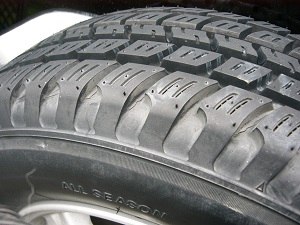Get The Most Out Of That Set Of Tires

Winter Tires – Yea or Nay?
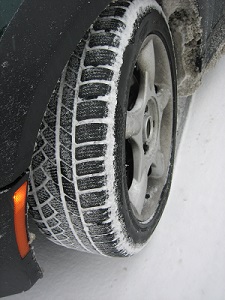
The Holidays Are Coming – Is Your Vehicle Ready?

Winter Tires? Or All-Season Tires?

Don’t Forget Your Spare
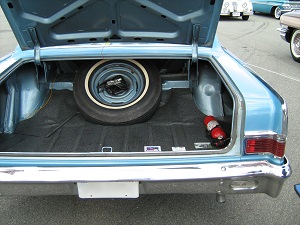
Are All-Season Tires Really All-Season?
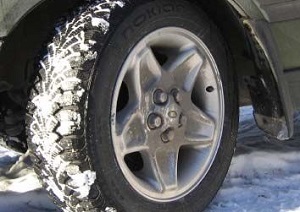
Do Your Homework on Tire Safety
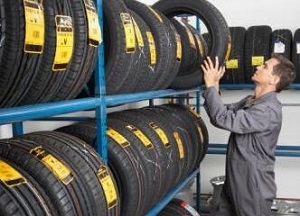
Seven Things You Need To Know About Tires
We often see customers who are a little overwhelmed by the tire buying process. There are so many types of tires for different vehicles and different driving styles, all at different price points. Here are a few things every driver needs to know about tires:
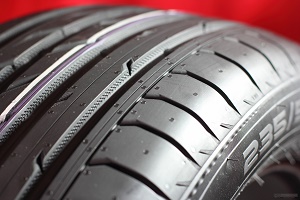
· A tire is constructed from the inside out, starting at the inner liner. There are 20 to 25 different components in every tire; fabric belts are wrapped around the inner liner, with steel belts, more fabric belts and other materials layered between the tread surface and the inner liner. These layers provide strength, noise suppression and ride quality.
· Newer low-profile tires are popular with many drivers, if only for aesthetic/style reasons. It’s important to know low-profi ...[more]
What Makes All-Season Tires So Great?
So your closet has a pair of flip-flops for the summer, a pair of heavy boots for the winter, and a comfortable pair of sneakers for most of the rest of the year. If you live in a climate that doesn’t have harsh winters, you might just be able to wear those sneakers year-round...and all-season tires are the equivalent of your comfortable sneakers.
So what makes all-season tires so special?
Winter tires are excellent for severe conditions like heavy snow and even ice. They feature specially-designed tread patterns and “sipes”, hundreds of tiny slits which offer biting edges for traction in snow. This means shorter stopping distances, better handling and better control in winter weather. Winter tires are not d
esigned for temperatures above 40 degrees Fahrenheit. The dow ...[more]
Get Ready for Summer Road Trips with New Tires
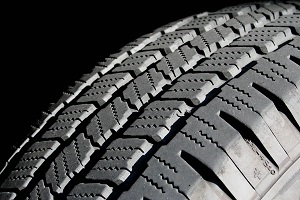
| << Previous | 1234567 | Next >> |


